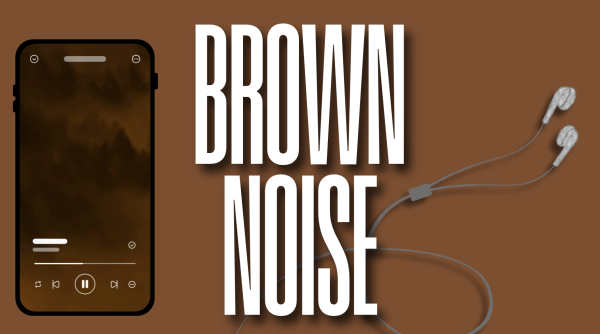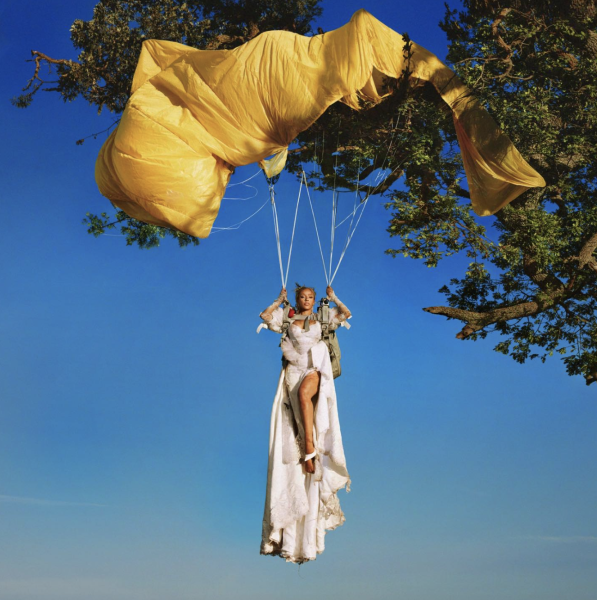A Critique of the Internet by One of Its Favorite Stars: Djo’s “Half Life”
This summer, “Stranger Things” season 4 beat “Bridgerton” in becoming the most popular English language series (by hours watched in the first month) on Netflix. Joe Keery’s Steve Harrington has been a fan favorite on the show since the second season, but when he is in character as his musical persona with his band, Djo, he flies much more under the radar. Keery is perfect as all-time pal and reliable babysitter Steve, but his idea for Djo was to separate himself as much as possible from the show. This is in an attempt to not only prevent his music from being overshadowed, but to give himself a break from the fame he unexpectedly received. In Djo’s new single “Half Life” released ahead of their upcoming album “Decide,” Keery sings of feeling trapped by his fame, consequently changing the purpose of his musical project.
In “Half Life,” Keery does not just note the consequences of fame, but compares them to the hyper online behavior of (assumingly) Gen Z, as engagement with social media and involvement in online culture in general has undeniably increased over the past 10 years. The musician’s lyrical advice to both himself and others is to “watch a video, don’t fret about it,” playfully mocking the reality of what has become second nature to most. Keery shares the converging conflicts of internet and fame that are understandably a large part of his life, too, saying, “I fight the urge to search my name, there’s a better me, I swear.” He notes how one fuels the other. Social media spotlights celebrities more than anything else, and the difficulties that come with fame only increase with the attention given to them online, including the effects of parasocial relationships and invasiveness.
The ’80s psychedelic electric feel of the song is in opposition to lyrics that talk about very contemporary, day-to-day issues of our generation, creating an unlikely but perfect harmony of sound and purpose in a song filled with satire. The inclusion of synthesizers in most of Djo’s music is a notable ode to the music of the ’70s and ’80s, though in “Half Life” it nods to the advancements we have found ourselves living through with the obvious futuristic vibes that often entail with the use of synths, a contradiction within itself.
“Half Life” includes some of the most personal lyrics Keery has shared with fans in general. It is not that he has written shallowly before, but he has never been so willing to share his qualms with fame itself. At first he vowed to keep this part of his career separate from the rest of it, the more visible part. However, with lyrics like “God, you’re a fool / You think these people really care for you? / You really think they will be there for you?” It seems he is giving in to expressing all bits of his life in the music he makes with Djo, such as the problems he faces even with things he is deeply thankful for. He has said he thinks the purpose of the project is changing now that the secret’s out that he leads the band, despite how he attempted to keep his participation slightly under wraps with disguises including flashy accessories and wigs, making the face that is the beloved Steve Harrington nearly unrecognizable. Keery told NME Magazine his reasoning for dressing up in Djo now is to surprise the audience and make the show even more fun because it allows him to feel more comfortable trying new things and making mistakes.
The blending of his music and acting career is a smart move and one that Keery recognizes, while seemingly reaching a kind of catharsis in the process. Keery brings his audience back down to earth with this pop romp while simultaneously commenting on the self-sabotage of young people in the age of the internet in the most fun way one could.

Lauren Lombardi is a junior from Long Island, N. Y. majoring in communications and minoring in film. Lauren began as a contributing writer for The Fordham...













































































































































































































